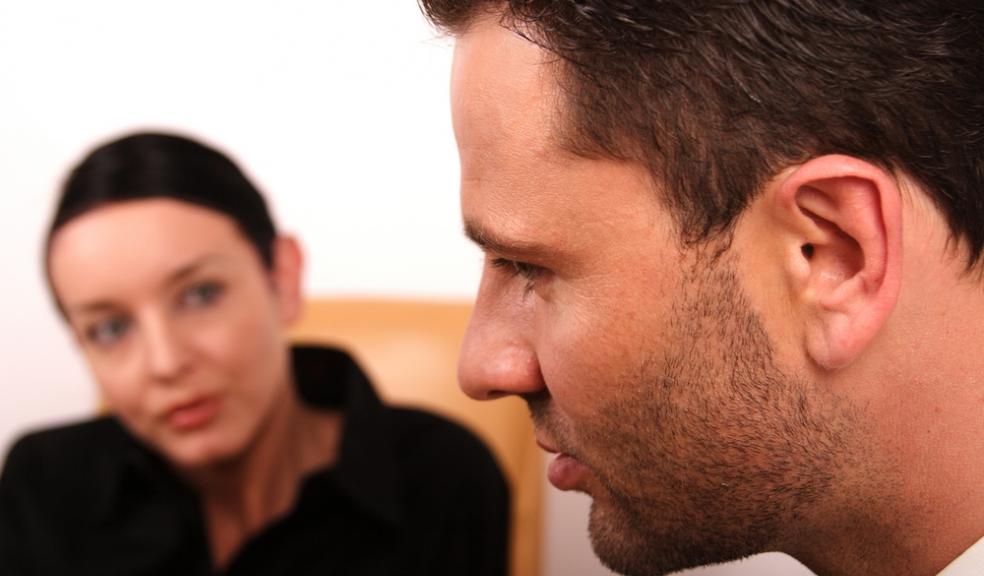
Samaritans challenge stigma barrier to men seeking help
Samaritans are marking World Suicide Prevention Day by calling on society to stop expecting men to conform to the traditional view that “real men” should not need to seek help.
Stigma as a major barrier to suicide prevention is a key theme for this year. The expectations society has of men contributes to the fact that men are three times more likely to take their own lives than women.
In 2011, 4,552 men died by suicide. Those most affected were men in their 30s, 40s and 50s from lower socio-economic groups.
Research carried out by Samaritans, Men and Suicide: Why it’s a social issue, shows that men tend to compare themselves to a masculine “gold standard”.
This standard often expresses itself in a need to be powerful, successful and above all, in control. Not meeting the standard can lead to a sense of shame and defeat.
Samaritans say that men are more likely to use alcohol and drugs when they cannot cope, as opposed to more formal emotional support such as seeking help or talking to people.
Samaritans have recommended that society needs to move away from blaming men for not being like women and remove the barriers to men engaging with services.
Many of these issues were raised in the recent BBC Three documentary Football's Suicide Secret, which revealed a dark underside to the “Beautiful Game”.
The programme was presented by the Chairman of the Professional Footballer’s Association, Clarke Carlisle, who disclosed that he tried to take his own life when he was a young player with Queen’s Park Rangers.
In an interview about the programme Clarke summed up what is needed to help men with suicidal feelings: “A huge part of the solution is the ability to verbalise your fears…and having that trusting person there not to take advantage of your vulnerability.”
Catherine Johnstone, Samaritans’ Chief Executive Officer said:
"The pressure placed upon men to behave in ways that fit with the traditional masculine role contributes to the higher rate of suicide among men and is also one of the major barriers to men seeking help.
"We must change our views of what it is to be a ‘real man’, but also acknowledge that men are different to women and design services to meet their needs."
Care and Support Minister Norman Lamb said:
“Losing a loved one to suicide is a tragedy and we are committed to reducing deaths from suicide and improving mental health across the country.
“Last year, we refreshed the Suicide Prevention Strategy and published a Call to Action, led by the Samaritans, targeting those most at risk by providing the right interventions at the right time.
“We are investing £1.5 million into research into suicides and how we can prevent them. Effective suicide prevention requires effort from us all – not only in the State but private and voluntary sectors too.
“I am passionate about this issue and I am absolutely determined to do what I can to help reduce stigma and improve the mental wellbeing of everyone in our society – especially the most vulnerable.”
Samaritans is running a national campaign, We’re in your corner, targeting men at high risk of suicide. Join the debate: Tell Samartians how you cope with stress @samaritans #WSPD
Samaritans have an ongoing campaign, We’re in Your Corner, designed to raise awareness of the issue of men and suicide. A video, containing a series of interviews with men, released to accompany the campaign, can be found here: http://www.samaritans.org/news/interviews-men-2012
Samaritans is available round the clock, every single day of the year. They provide a safe place for anyone struggling to cope, whoever they are, however they feel, whatever life has done to them. Please call 08457 90 90 90 (UK) 1850 60 90 90 (ROI), email jo@samaritans.org, or visit www.samaritans.org to find details of the nearest branch.













